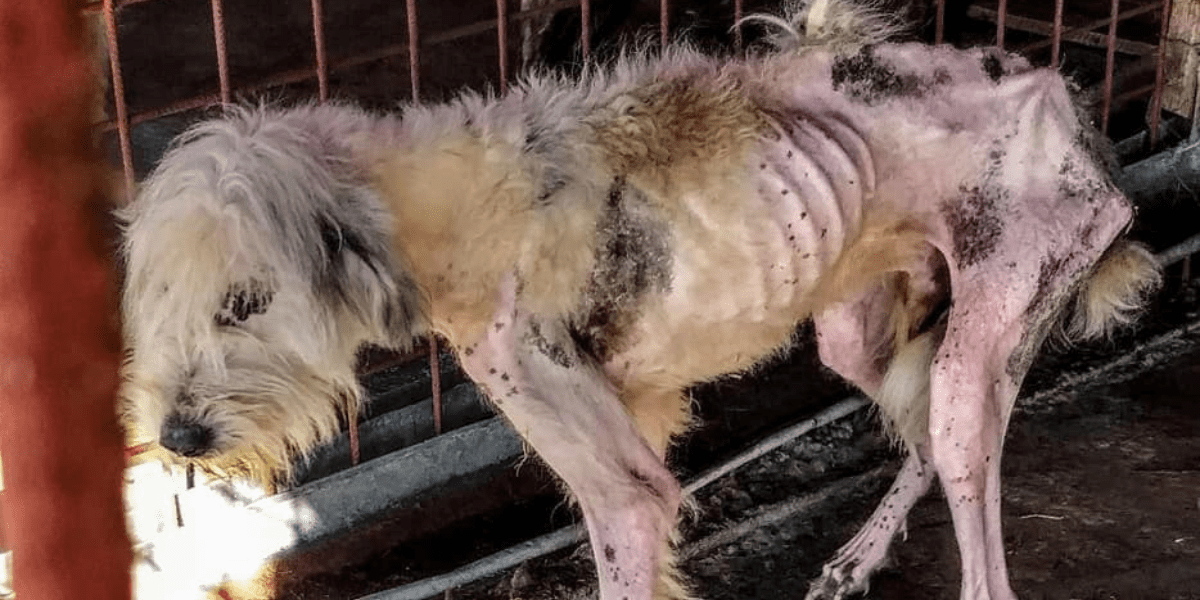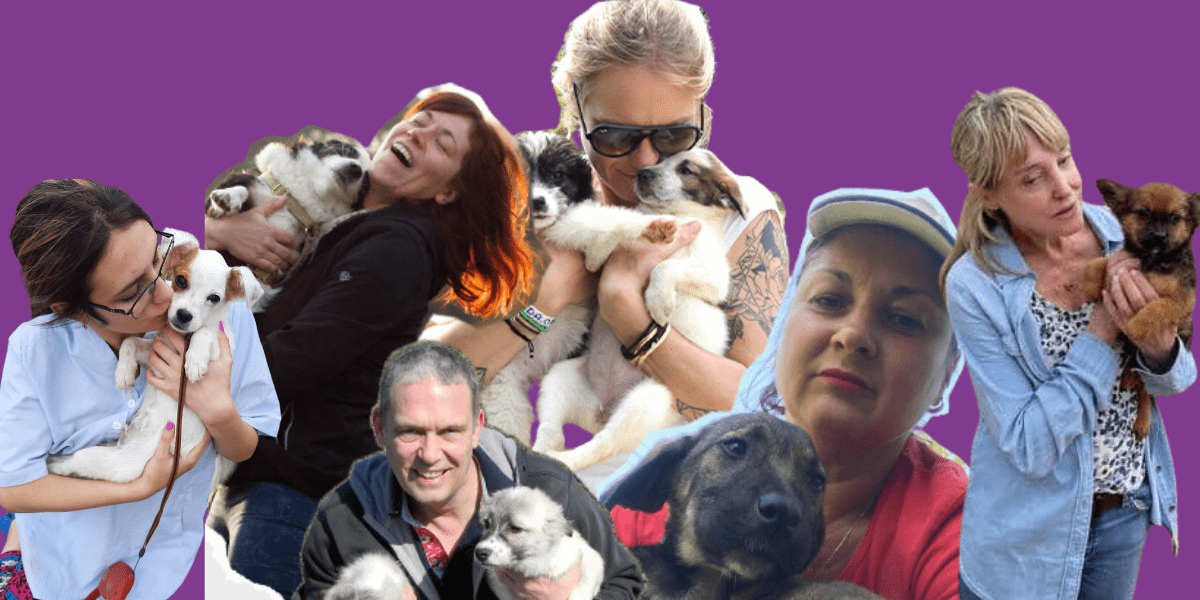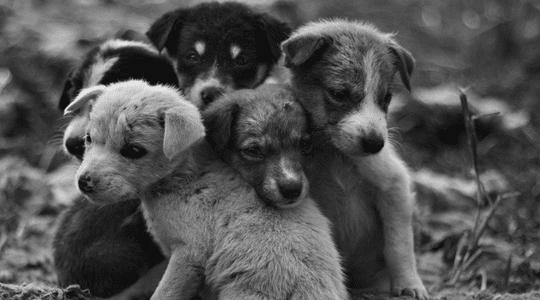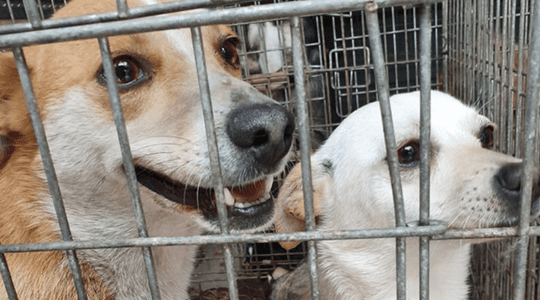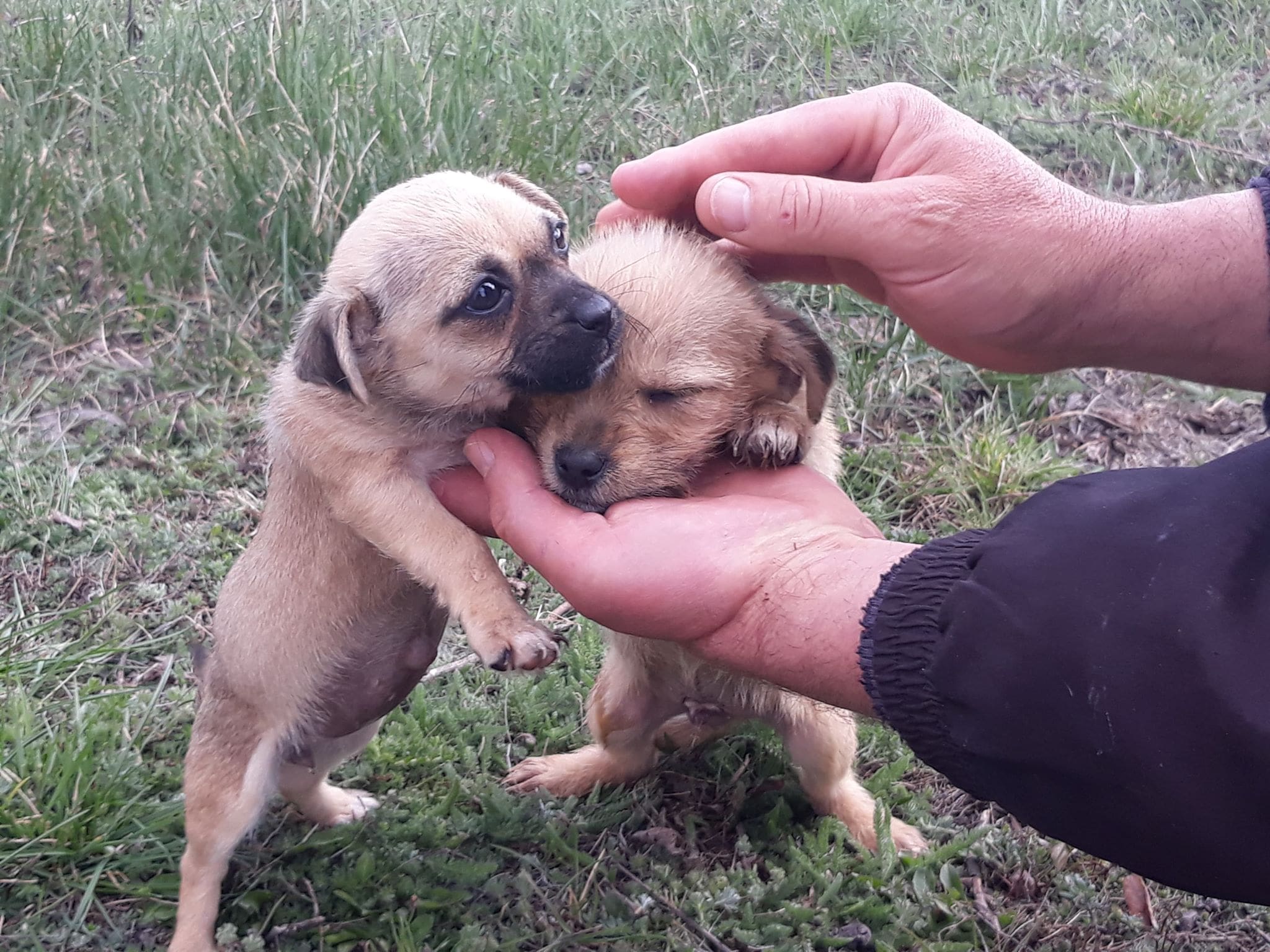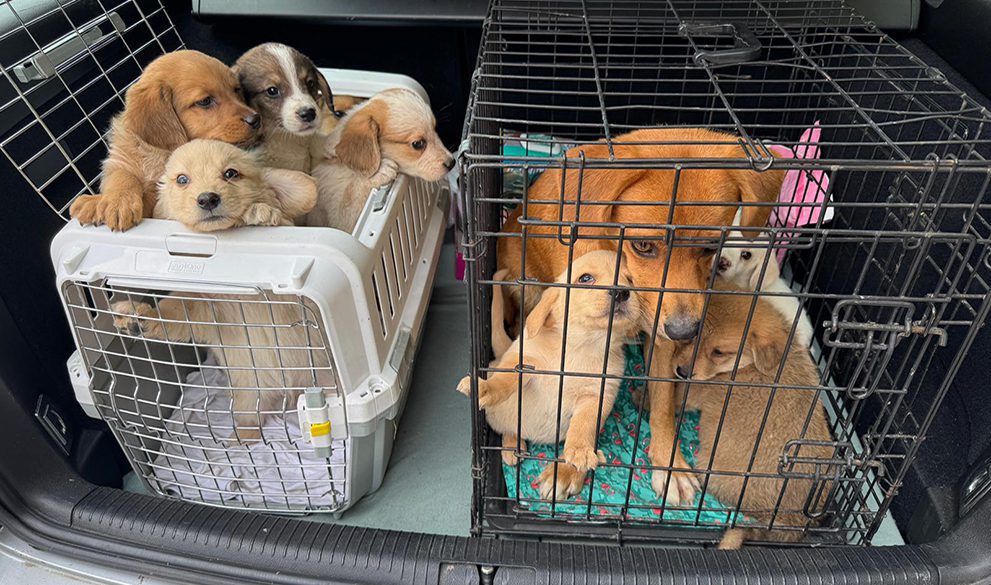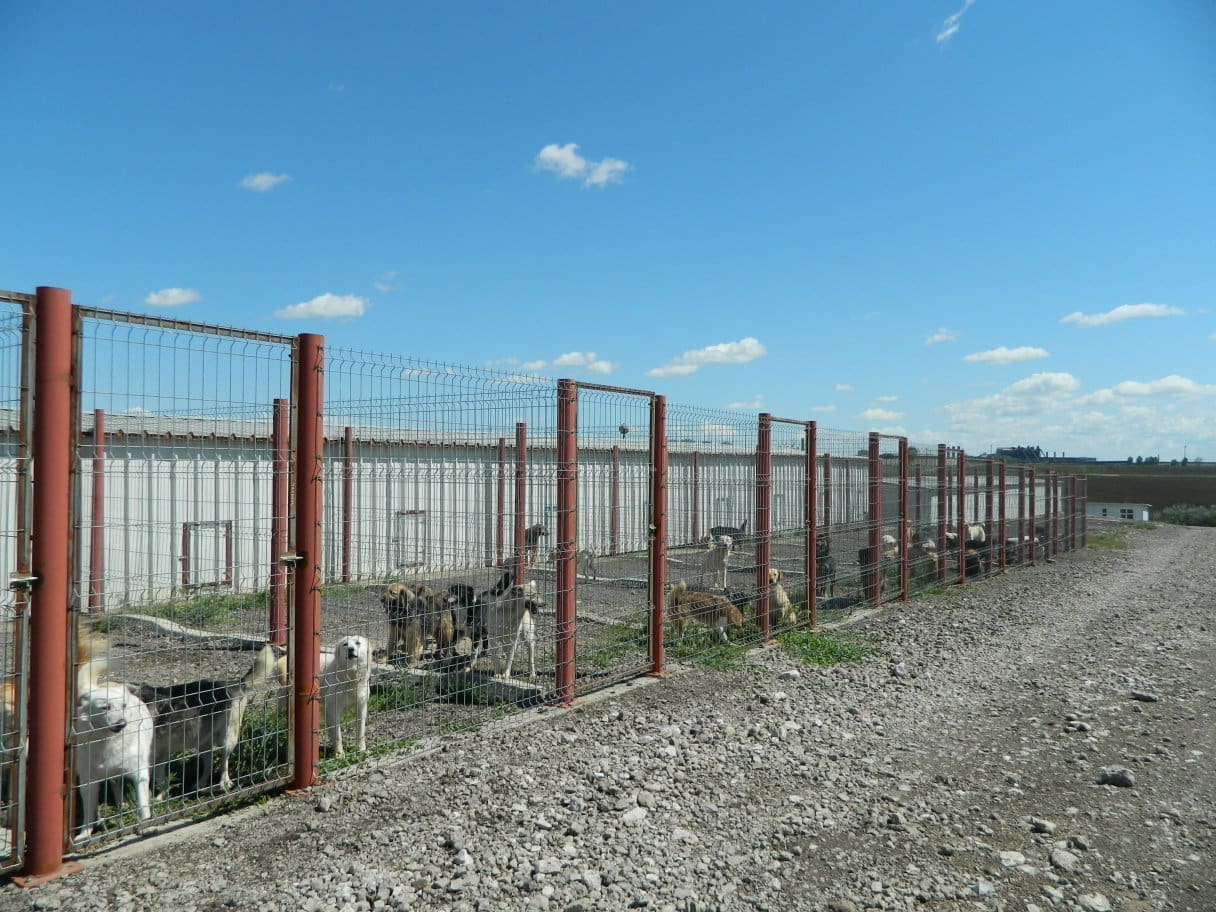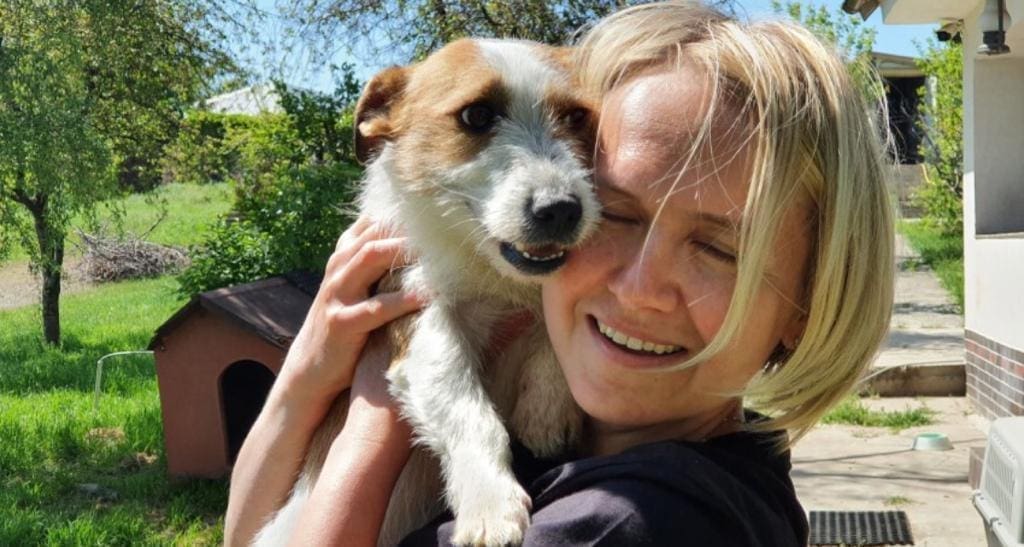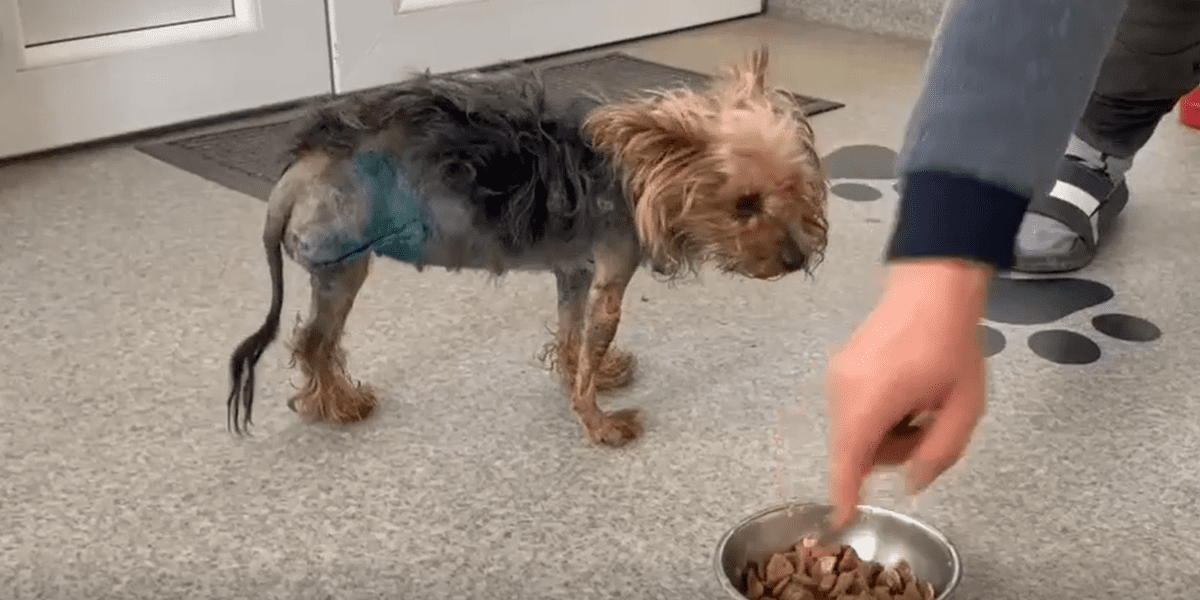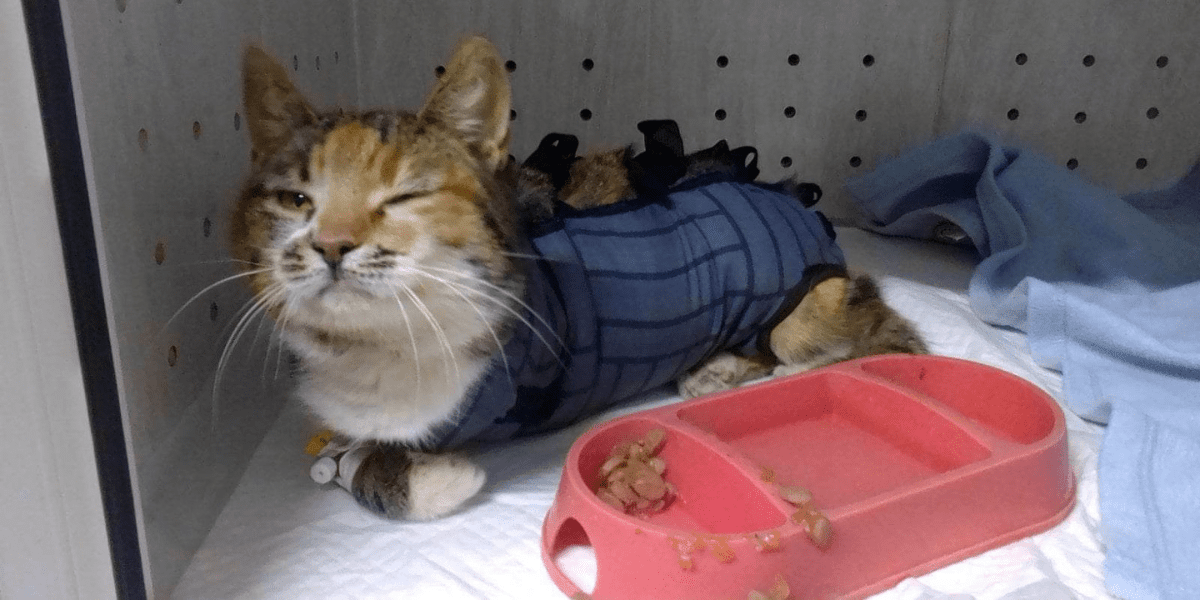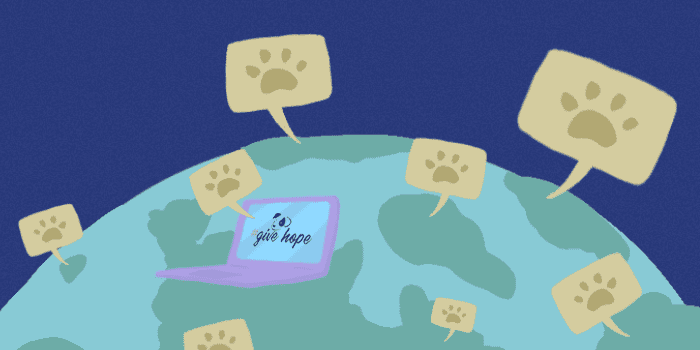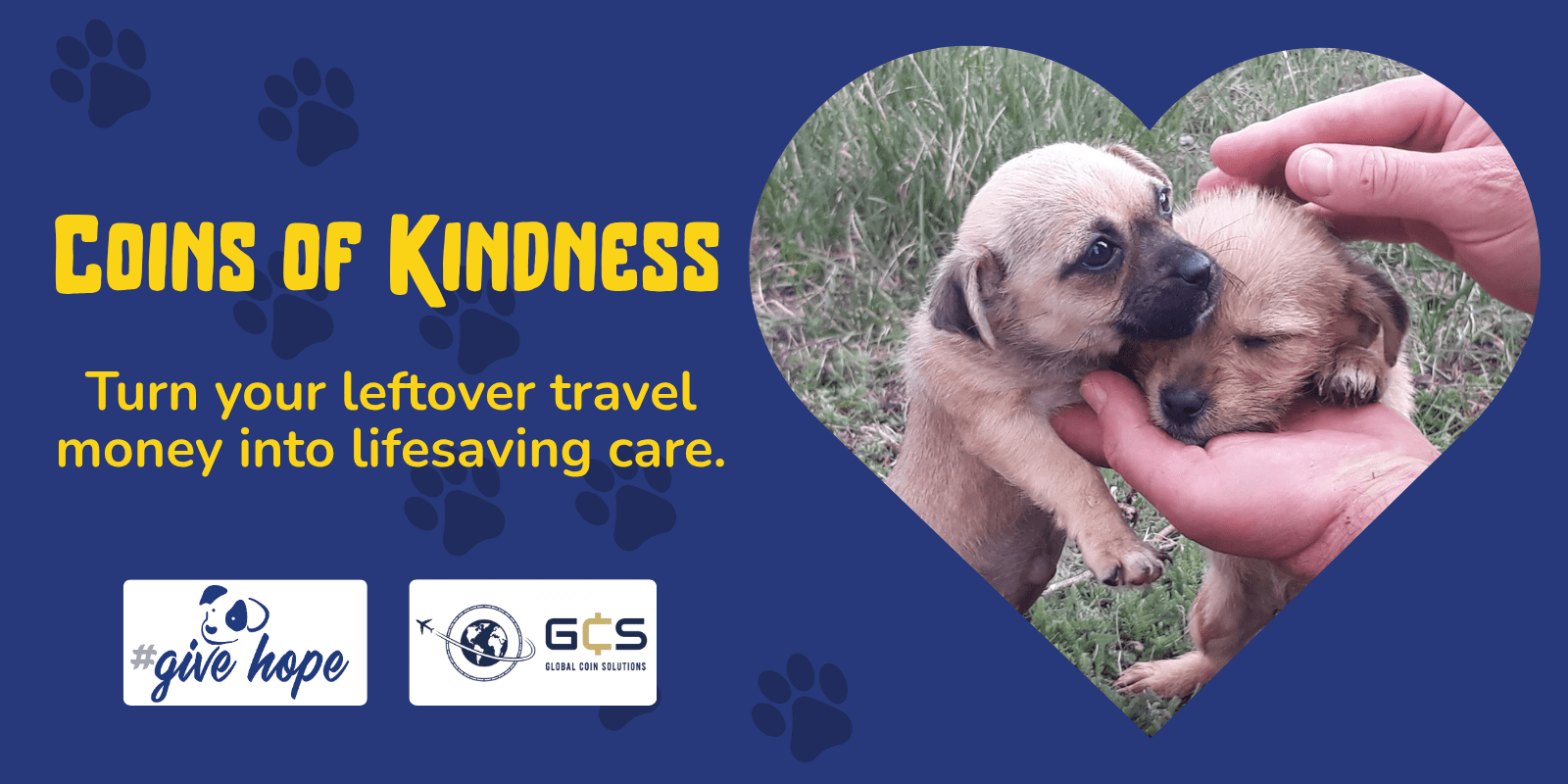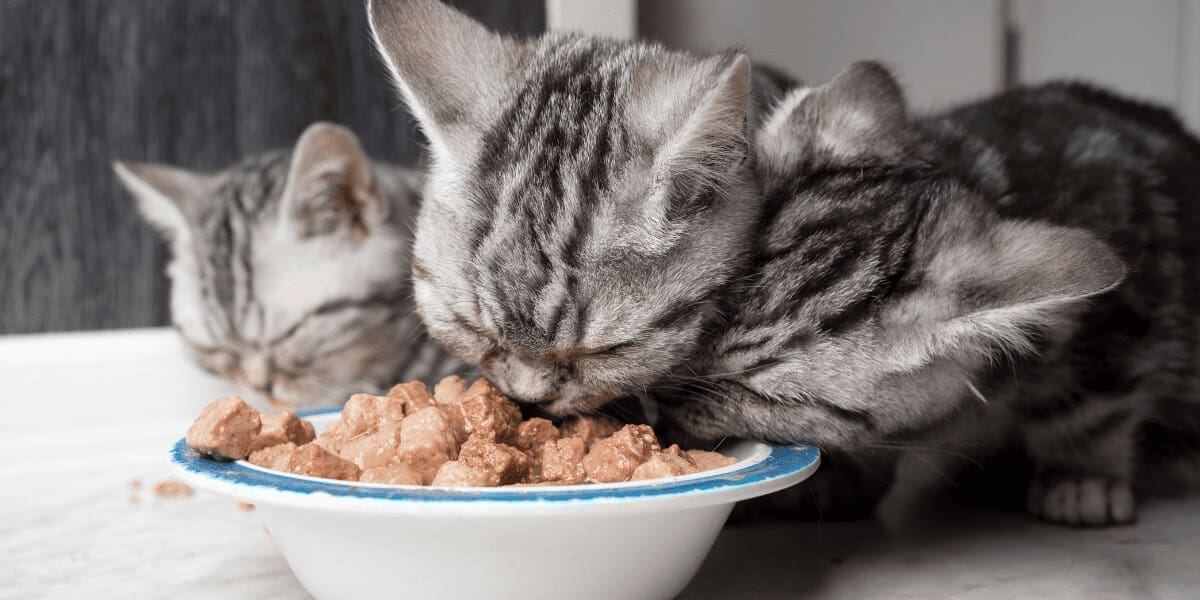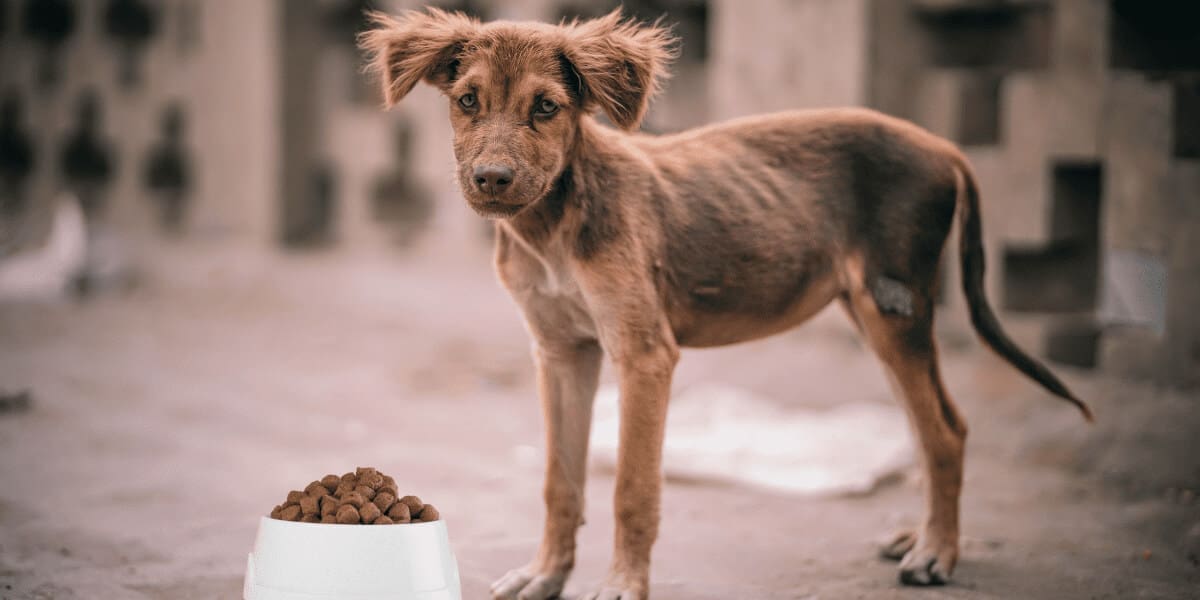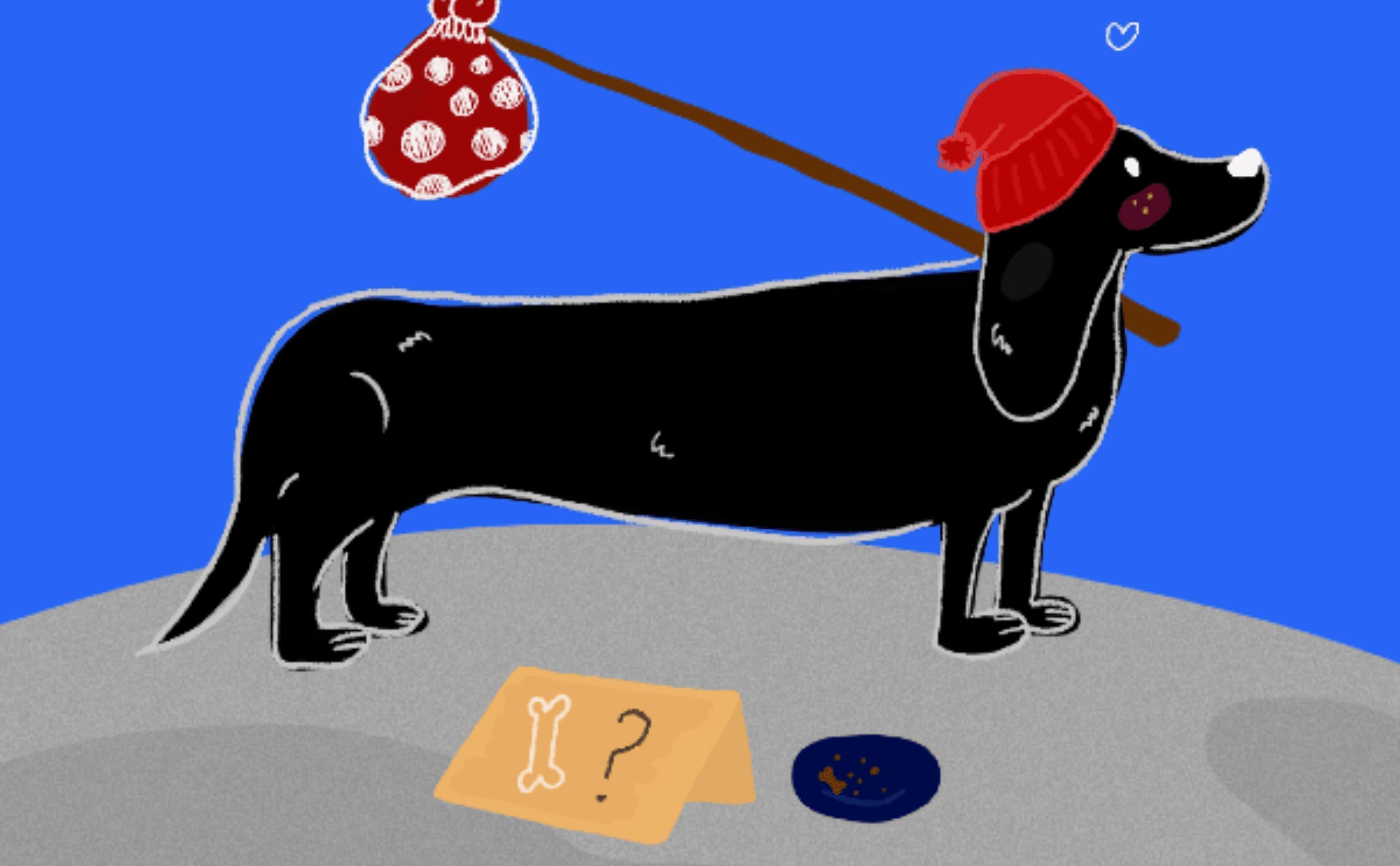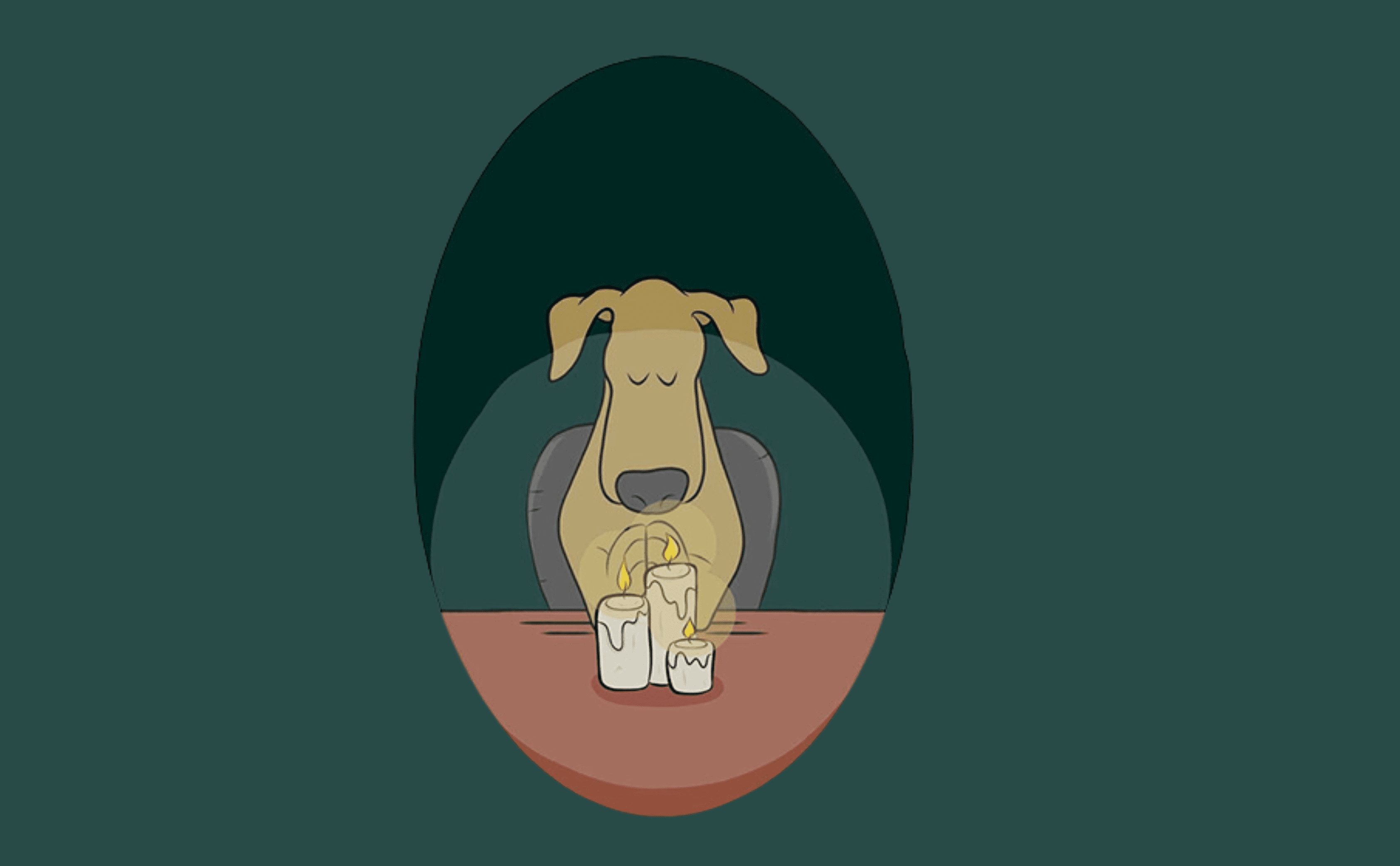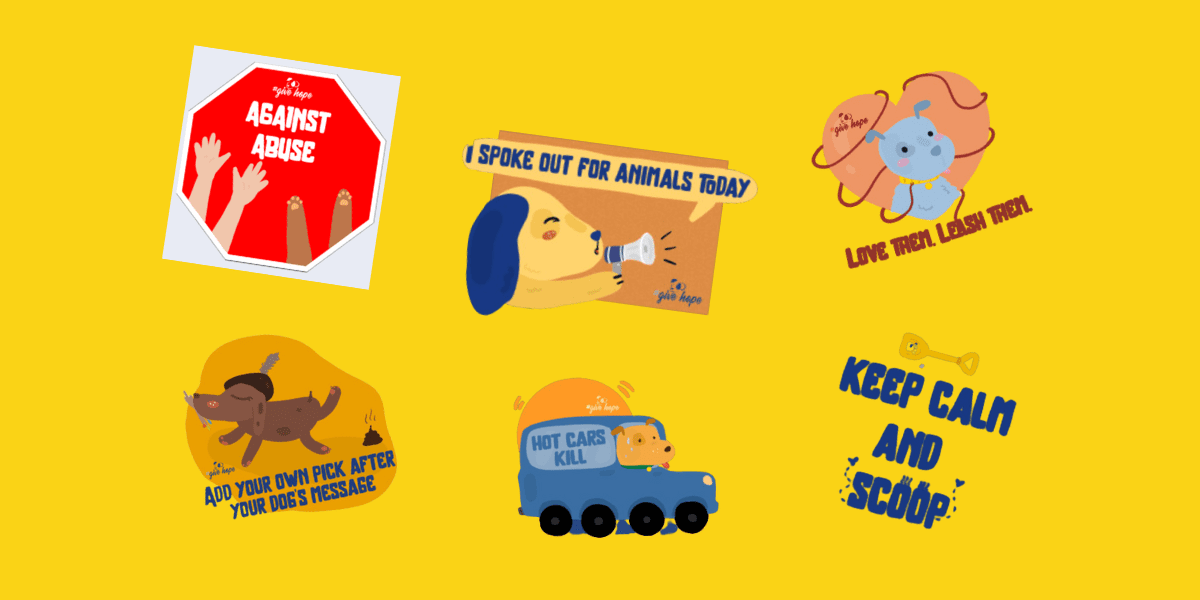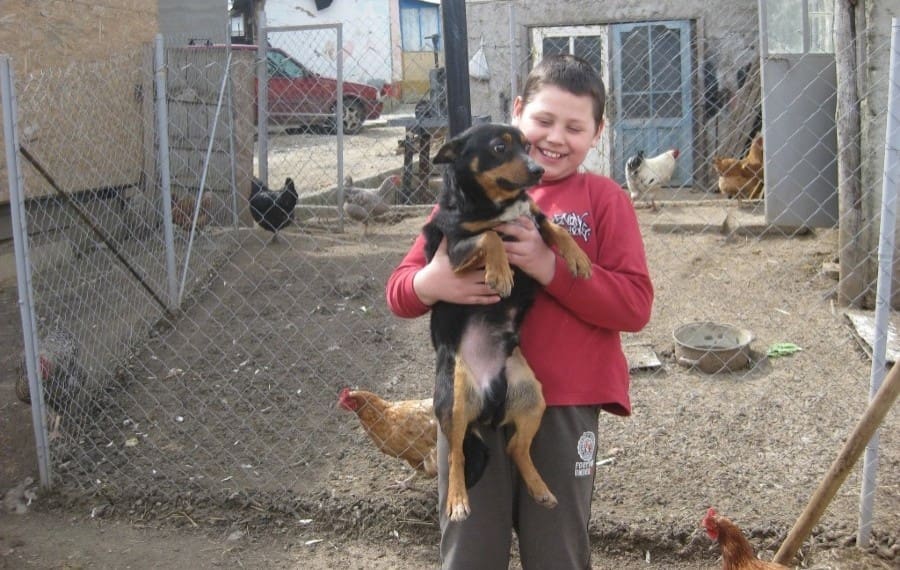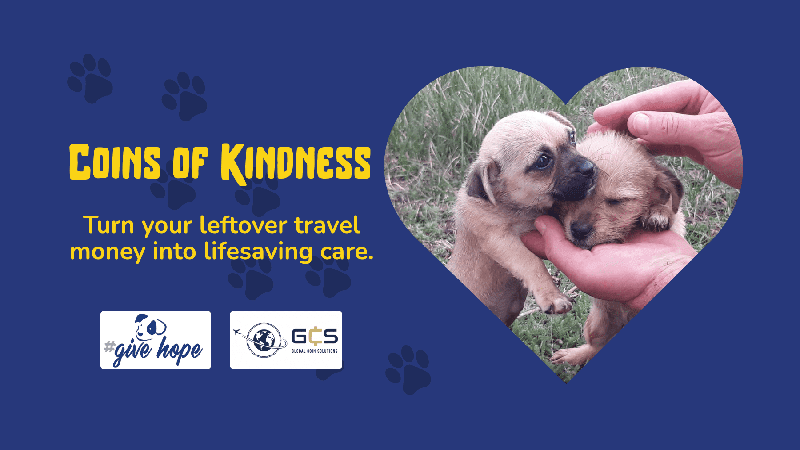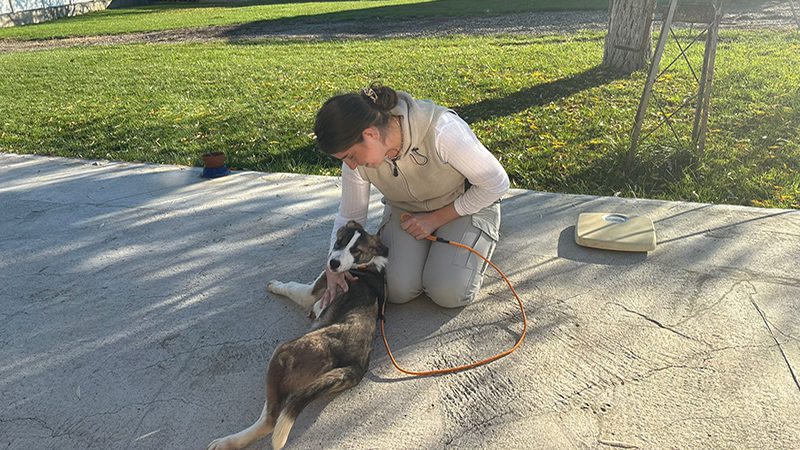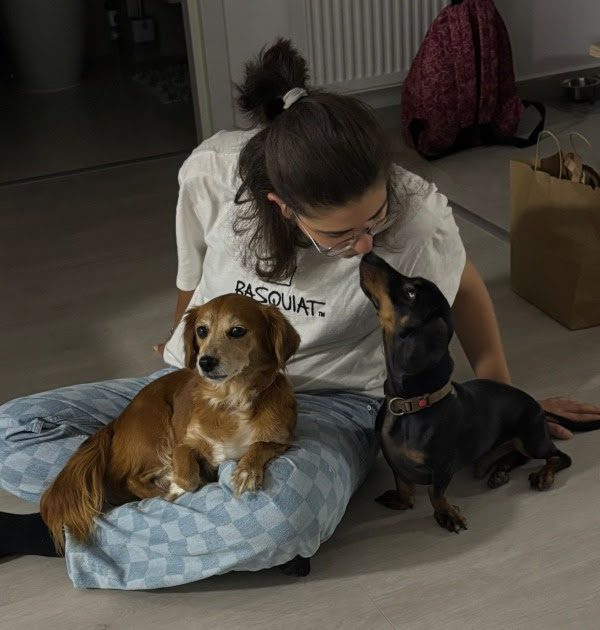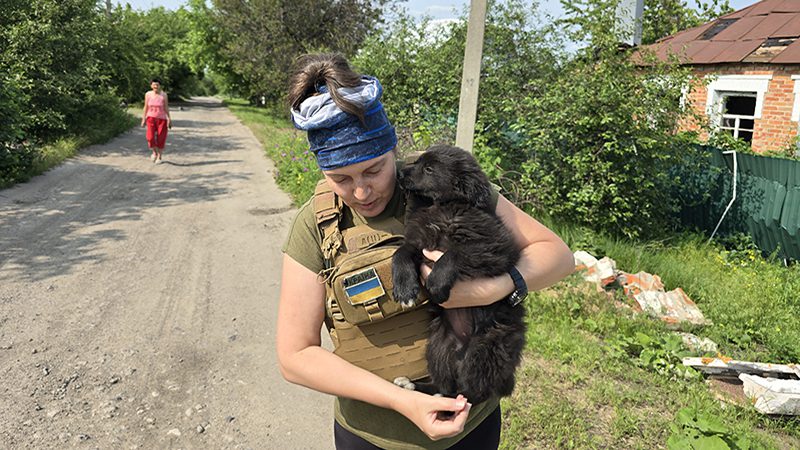ROLDA helps poor communities pets to live with dignity
The law says: Pet Dogs in Romania must be sterilized and microchipped. Dogs that belong to people must be sterilized, microchipped and registered in a National Registry (database) of dogs owners called RECS. This is a general rule that became effective in 2016.
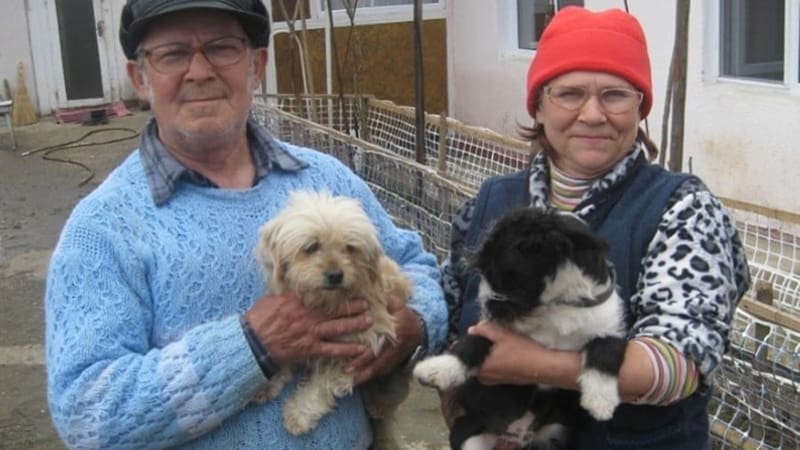
The law says: Pet Dogs in Romania must be sterilized and microchipped.
Dogs that belong to people must be sterilized, microchipped and registered in a National Registry (database) of dogs owners called RECS. This is a general rule that became effective in 2016.
Dog owners can be fined as much as € 1500 for not obeying the law. That is a lot of money, especially considering that the average monthly income in Romania is € 250. Most of the population barely subsists on this amount. One individual earning € 250 a month struggles to cover the necessary expenses such as rent, utilities, transportation, and food. A married couple with a combined income of € 500 can live comfortably, but if they have kids, that amount of money is not enough. And if they own a pet or two, then they are really in a hole.
So, why would people who are struggling to survive to choose to own pets?
It is essential to understand that low-income and impoverished citizens in Romania do not purchase dogs or cats; they adopt them or rescue them from the streets. These are people who love animals and hate to see them suffer, or they need a dog to protect their property. Either way, this keeps dogs and cats from being homeless, which is excellent!
These kindhearted people take good care of their pets, often making financial sacrifices to keep them fed and healthy, but many people cannot afford the € 26 it costs to sterilize, microchip, and register their dog.
And this is terrible news for the dogs. More dogs are abandoned for fear of Government fines.
ROLDA has always been in favor of sterilizing dogs and cats because it reduces the stray population, which means fewer dogs and cats suffer needlessly. We believe that sterilization is the only humane solution to the stray crisis in Romania and globally; therefore, we agree with the government’s enforcement of the sterilization law.
However, the law has caused an increase in stray dogs because owners are abandoning them to avoid paying for the € 26 for sterilization and do not want to risk being fined € 1500. Most people in Romania sadly cannot afford the € 26.
Our solution
To prevent abandonments provoked by financial reasons, ROLDA started a campaign to help low-income and impoverished pet owners sterilize, microchip, and register their dogs and cats.
Thanks to our amazing supporters, ROLDA helps hundreds of people in our community with these costs each year.
Bobi and Fetita are two dogs whose impoverished owners reached out to ROLDA for help with covering the costs of their procedures. Before Fetita was spayed, she had given birth to a litter of puppies who, sadly, all died from distemper. Her owners did not have the money to pay for their vaccinations.
Vlad and his parents contacted us when their dog, Heart, was getting sick. Heart was losing her appetite, which led to unhealthy weight loss, and she was also losing her fur and developed sores all over her body. Vlad and his parents were worried that Heart was going to die. They did not own a car to take Heart to the vet, and they did not want to risk taking her on public transportation because she was too sick. So, we gladly went to pick up Heart to take her to the vet.
ROLDA’s Community Pets Campaign continues to provide Heart’s food, as well as the food for hundreds of pets in our community. Our campaign gives pets with impoverished owners the opportunity to have access to quality food and emergency treatments.
We are proud to help the citizens in our community keep their pets healthy, and we are determined to continue providing them with food, medicine, sterilization, microchipping, and registration.
They need OUR help
Please donate to help impoverished pet owners in Romania keep their pets healthy and safe.
Every penny raised provides pets in impoverished communities with emergency food supplies and essential care like vaccinations, medications, and aid supplies.
 non-US support +44 (0)161 531 8801
non-US support +44 (0)161 531 8801



